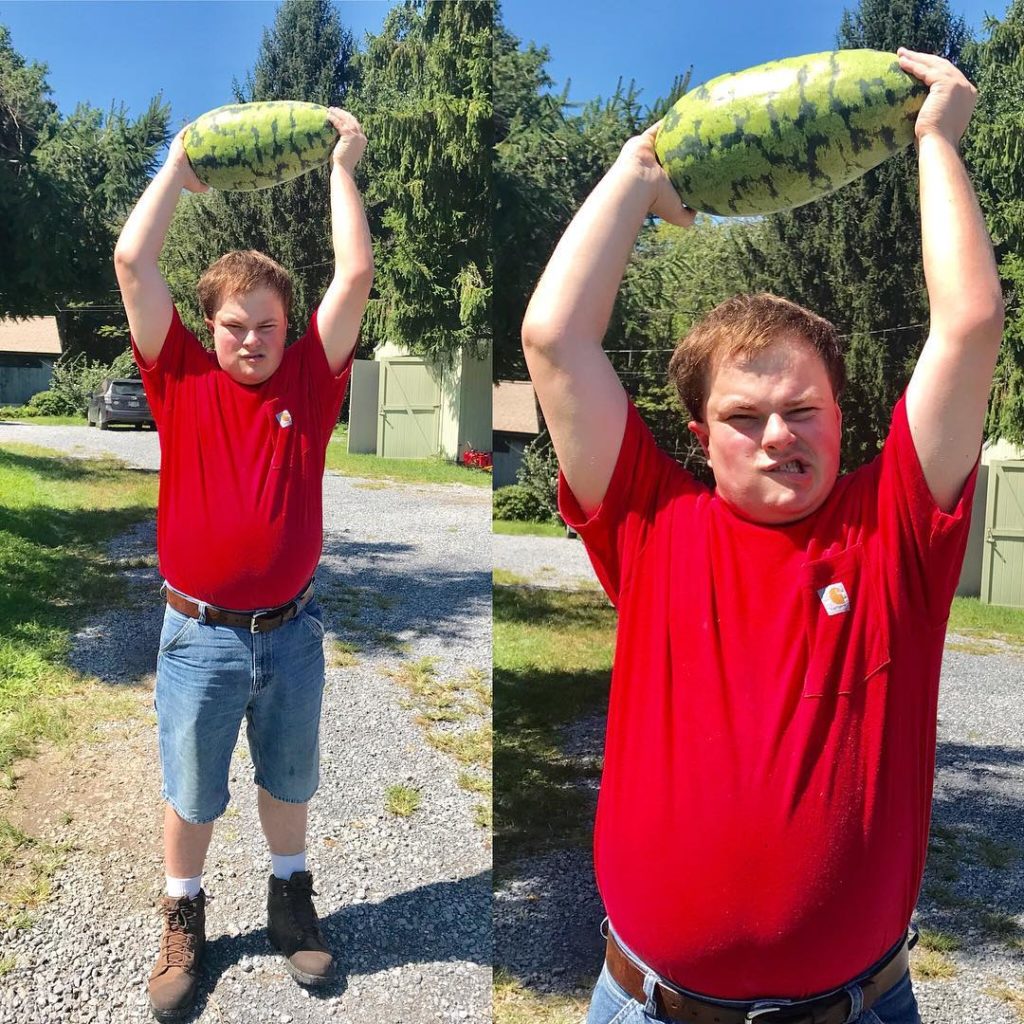In an era where sustainability and innovation in agriculture are becoming increasingly vital, the concept of "A Farm Less Ordinary" has captured the imagination of both farmers and consumers alike. This movement represents a shift from traditional farming practices to a more holistic and eco-friendly approach, redefining how we grow food and interact with nature. As the world grapples with climate change and food security issues, this unique farming philosophy offers a beacon of hope for a greener future.
Agriculture is at the heart of human civilization, yet conventional farming practices have often come at the expense of environmental health. The rise of "A Farm Less Ordinary" signifies a return to nature while leveraging modern technology to create a balanced ecosystem. This approach not only ensures food security but also promotes biodiversity and soil health.
Through this article, we will explore the principles, benefits, and challenges of this transformative farming method. By examining case studies and expert opinions, we aim to provide a comprehensive understanding of how "A Farm Less Ordinary" can revolutionize the agricultural landscape. Let's embark on this journey together to uncover the potential of sustainable farming practices.
Read also:Savannah Humane Society A Beacon Of Compassion For Animals
Table of Contents
- Understanding the Concept of A Farm Less Ordinary
- The Evolution of Sustainable Farming
- Key Principles of A Farm Less Ordinary
- Benefits of Sustainable Farming Practices
- Challenges in Implementing A Farm Less Ordinary
- Case Studies: Success Stories in Sustainable Agriculture
- Innovative Technologies in Sustainable Farming
- The Role of Consumers in Supporting Sustainable Farms
- Government Policies and Their Impact on Sustainable Agriculture
- The Future of A Farm Less Ordinary
Understanding the Concept of A Farm Less Ordinary
The phrase "A Farm Less Ordinary" encapsulates a revolutionary approach to farming that prioritizes sustainability, biodiversity, and environmental stewardship. Unlike conventional farming, which often relies heavily on chemical fertilizers and pesticides, this model emphasizes natural processes and ecological balance. By integrating crop rotation, companion planting, and organic fertilizers, farmers can create a thriving ecosystem that supports both plant and animal life.
Defining Sustainable Agriculture
Sustainable agriculture is the foundation of "A Farm Less Ordinary." It involves practices that protect the environment, expand the Earth's natural resource base, and maintain and improve soil fertility. This approach not only benefits the planet but also ensures long-term economic viability for farmers.
Core Values of A Farm Less Ordinary
- Promoting biodiversity and habitat restoration
- Reducing reliance on synthetic inputs
- Enhancing soil health and water conservation
- Fostering community engagement and education
The Evolution of Sustainable Farming
The history of sustainable farming dates back centuries, with ancient civilizations employing techniques that respected the land and its resources. However, the industrial revolution brought about a shift towards intensive farming practices that prioritized yield over sustainability. In recent decades, the adverse effects of these methods have become apparent, prompting a resurgence in interest in sustainable agriculture.
Key Milestones in Sustainable Agriculture
From the organic farming movement in the 1940s to the rise of permaculture in the 1970s, sustainable farming has evolved significantly. Today, advancements in technology and increased awareness of environmental issues have further propelled this movement forward.
Key Principles of A Farm Less Ordinary
At its core, "A Farm Less Ordinary" is guided by several key principles that distinguish it from traditional farming practices:
Read also:Exploring West Brandywine Township A Comprehensive Guide
- Regenerative Practices: Focusing on rebuilding soil health and increasing organic matter.
- Agroecology: Embracing the principles of ecology in farming systems to enhance biodiversity.
- Community Involvement: Encouraging local participation and collaboration in farming initiatives.
Benefits of Sustainable Farming Practices
Implementing sustainable farming practices offers numerous benefits, both for the environment and for society:
Environmental Benefits
- Reduction in greenhouse gas emissions
- Improved water quality and conservation
- Enhanced biodiversity and ecosystem services
Economic and Social Benefits
- Increased profitability for farmers through reduced input costs
- Stronger community ties and local food systems
- Improved food security and nutrition
Challenges in Implementing A Farm Less Ordinary
Despite its many advantages, transitioning to "A Farm Less Ordinary" is not without challenges. Farmers often face obstacles such as:
- Limited access to resources and funding
- Resistance to change from traditional farming communities
- Market demand for conventionally grown produce
Case Studies: Success Stories in Sustainable Agriculture
Several farms around the world have successfully embraced the principles of "A Farm Less Ordinary." For example:
Case Study 1: Polyface Farm, USA
Located in Virginia, Polyface Farm is renowned for its holistic management practices. By mimicking natural ecosystems, the farm has achieved remarkable success in producing high-quality, sustainable food.
Case Study 2: The Green Belt Movement, Kenya
Founded by Nobel laureate Wangari Maathai, this initiative combines reforestation efforts with sustainable farming practices, empowering communities while restoring degraded lands.
Innovative Technologies in Sustainable Farming
Advancements in technology are playing a crucial role in the development of sustainable agriculture. Innovations such as precision agriculture, drone technology, and vertical farming are transforming the way we grow food. These tools not only improve efficiency but also reduce environmental impact.
The Role of Consumers in Supporting Sustainable Farms
Consumers have a vital role to play in promoting "A Farm Less Ordinary." By choosing to purchase sustainably grown produce and supporting local farmers, individuals can contribute to the growth of this movement. Additionally, education and awareness campaigns can help spread the message of sustainable agriculture to a wider audience.
Government Policies and Their Impact on Sustainable Agriculture
Governments around the world are increasingly recognizing the importance of sustainable farming. Policies such as subsidies for organic farmers, research funding, and regulations on chemical use are helping to drive this transformation. However, more needs to be done to ensure that these policies are effectively implemented and accessible to all farmers.
The Future of A Farm Less Ordinary
As the global population continues to grow, the need for sustainable farming practices becomes ever more pressing. "A Farm Less Ordinary" represents a promising path forward, offering solutions to some of the most pressing challenges facing agriculture today. By embracing this philosophy, we can create a food system that is both resilient and equitable.
Looking Ahead
With continued innovation, collaboration, and commitment, the future of "A Farm Less Ordinary" looks bright. As more farmers and consumers join this movement, we can work together to build a sustainable future for generations to come.
Kesimpulan
In conclusion, "A Farm Less Ordinary" represents a transformative approach to agriculture that prioritizes sustainability, biodiversity, and community involvement. Through the implementation of innovative technologies and supportive policies, this movement has the potential to revolutionize the way we grow food. We encourage readers to take action by supporting local farmers, learning more about sustainable practices, and sharing this article with others. Together, we can create a more sustainable and equitable food system for all.
For further reading, we recommend exploring resources from reputable organizations such as the Food and Agriculture Organization (FAO) and the Rodale Institute, which provide valuable insights into sustainable farming practices.


